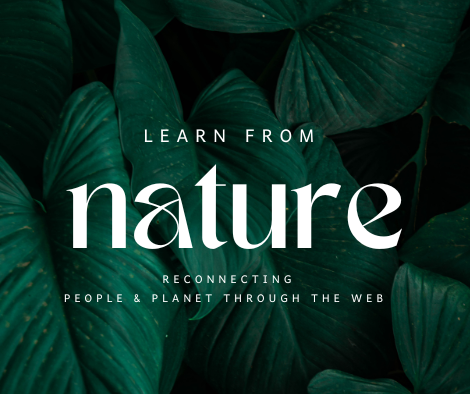What outdoor space tells us about inequality, reports bbc
Whether it’s a small balcony, a home garden, or access to a park, outdoor space has long been a luxury for many – not a given. And the pandemic’s made it even worse.
“I don’t have anywhere to go, except outside into the pandemic – which feels extremely scary,” says Kgama.
Studies have long shown that access to green or open space is often linked to income, particularly in cities. Covid-19 has placed this issue front and centre: those with access to balconies, gardens or good, close neighbourhood parks have been benefiting from them during weeks of lockdown, while others have been trapped inside. Kgama says that she could walk to a park, but that would mean making her way through crowds of people gathered on the pavement to throw birthday parties. “You only see that in poor neighbourhoods,” she says. “People haven’t stopped doing that during the pandemic. I walked through one yesterday.”
Lacking that private outdoor space is something that “defines the haves and have-nots”, she feels. And there’s no guarantee living outside the city is better; poverty is rising in US suburbs and residents of emerging suburbs have some of the lowest park access in the nation.
Covid-19 has shone a harsh light on numerous inequalities in our society. Is access to green space one we can fix?
Trapped inside
Decades of research have shown that spending time in green space is good for our physical and mental health – including boosting our emotional states and attention spans and improving our longevity. Even a little goes a long way: a study in the 1980s showed that post-surgery patients assigned to hospital rooms with greenery outside recovered faster than those who didn’t have such accommodations.
Yet in many cities, outdoor space – whether your own or in terms of proximity to parks – comes at a premium. Last month, a study from the Office of National Statistics revealed that one in eight British households had no access to green space at home, whether a private or shared space. That inequity was starker among ethnic groups: in England, black people are almost four times more likely than white people to have no access to private outdoor space. Access to public outdoor space can be a challenge, too: “There are about 100 million people in the US who don’t live within 10 minutes of a park or green space,” says Kimberly Burrowes, a researcher at the Urban Institute, a think tank based in Washington, DC that studies cities. And the poorer an area is, the worse the park quality, even if a park is close by.

